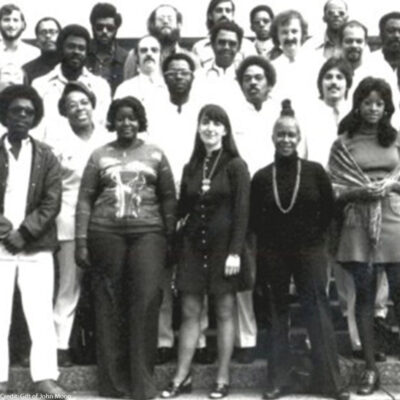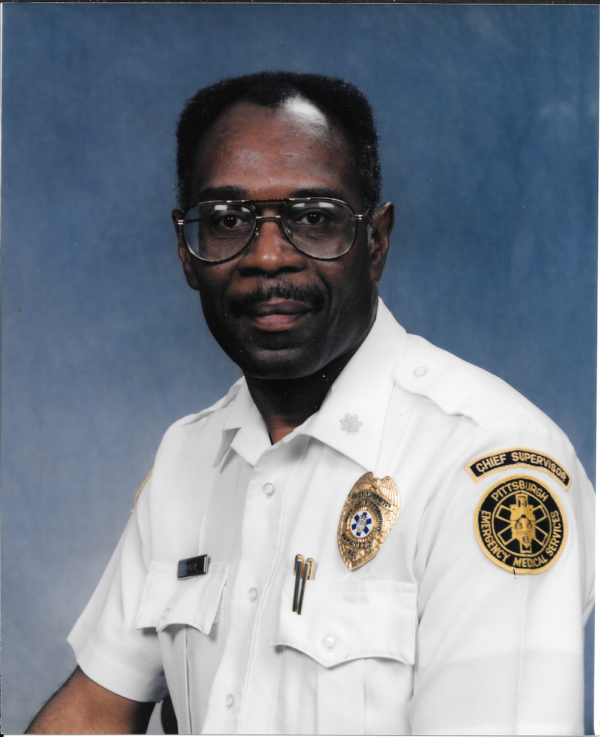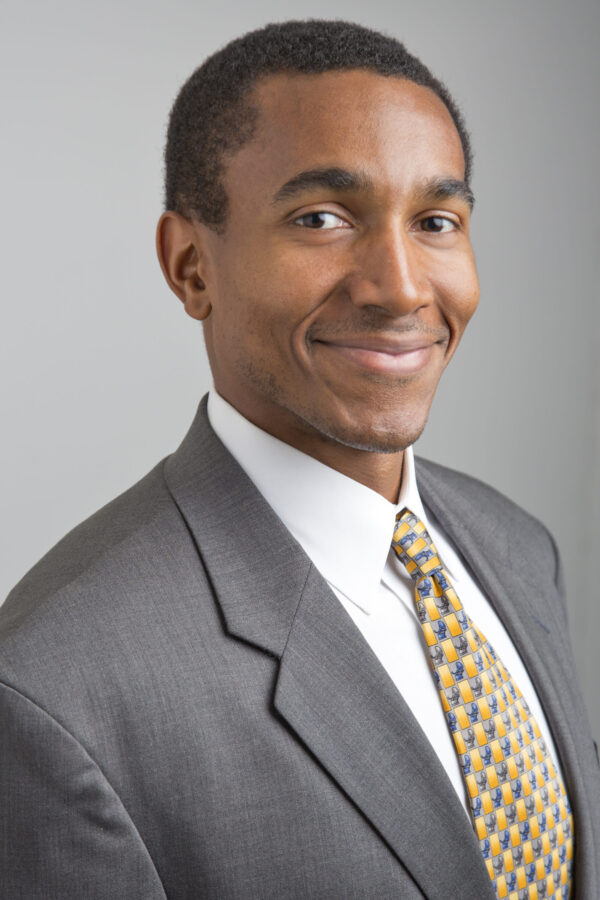Nebraska Lawmakers Hold Hearing on Bill to Reduce Non-Safety Traffic Stops
LINCOLN, Neb. – Yesterday, the Nebraska Legislature’s Judiciary Committee heard testimony on LB 222, a bill that would reduce non-safety traffic stops in Nebraska. The legislation would reclassify certain non-moving equipment violations, such as expired registration tags or improper use of horn, as secondary violations, meaning police could only cite drivers for these infractions if they had already been pulled over for a more serious offense, like speeding or drunk driving.
Introduced by State Sen. Terrell McKinney, LB 222 aims to improve road safety and reduce unnecessary law enforcement encounters by having police shift attention away from non-moving violations to prioritize dangerous driving behaviors that contribute to serious traffic crashes. Nebraska’s traffic code currently lists over 300 traffic violations, but more than half of all traffic fatalities in the state involve just two offenses: speeding or driving under the influence.
The Center for Policing Equity, a nonprofit research center, submitted written comments in support of the bill, citing benefits that come with shifting enforcement priorities from non-safety traffic stops.
“LB 222 represents an educated step towards focusing police time and resources where they are most effective,” said Chris Burbank, former Police Chief of Salt Lake City and consultant with CPE. “Of the more than 100,000 traffic stops reported in Nebraska in 2023, just 1.1% led to an arrest: clear evidence that pretext stops are not an essential crime-fighting tool. The economic and social cost of traffic enforcement for non-safety infractions outweighs any benefit. We can and must do better. The time has come for us to ask of policing, ‘should we?’ as opposed to ‘can we?’”
At the hearing, the ACLU of Nebraska shared new polling results showing that Nebraskans broadly support legislation that reduces unnecessary police interactions through non-safety traffic stops. Among the highlights, 70 percent of surveyed voters said they would strongly or somewhat support a law like LB 222 to change certain minor offenses, like an expired registration or cracked windshield, to secondary violations.
The civil rights organization said the bill could help reduce racial disparities in law enforcement. Since Nebraska began collecting traffic stop data in 2001, Black, Latine, and Native American drivers have consistently been two to three times more likely to be pulled over or searched by law enforcement than white drivers.
“For drivers of color, traffic stops have been a primary entry point to harmful and sometimes deadly interactions with police,” said Jason Witmer, policy fellow for the ACLU of Nebraska. “And Nebraskans of color have long been more likely to be stopped, searched and arrested by police. There is an undeniable psychological impact that comes with that, and not just for folks who are pulled over. Something has to change. LB 222 is an important step in the right direction.”
In submitted testimony with a neutral position, national road safety advocates applauded the potential benefits of the legislation.
“Limiting non-safety traffic stops is a commonsense way to make the roads safer for everyone,” said Leah Shahum, founder and executive director of Vision Zero Network. “When law enforcement resources are used to pull drivers over for minor equipment violations, such as tinted windows, officers miss opportunities to address actual dangerous behaviors causing the most serious crashes, such as speeding, reckless driving and impairment. The most effective approaches to improving roadway safety are not punitive enforcement for non-safety infractions. Instead, road safety is best advanced by using proactive strategies such as redesigning roads to be safer, managing speeds for safety, improving vehicle safety standards, using technologies to encourage safe behavior and ensuring enforcement is used to address actual road safety threats. By shifting enforcement priorities from non-safety traffic stops, Nebraska can join a growing number of states and cities prioritizing evidence-informed strategies to reduce traffic deaths.”
The bill remains with the Judiciary Committee. This year’s legislative session is scheduled to conclude in June.





